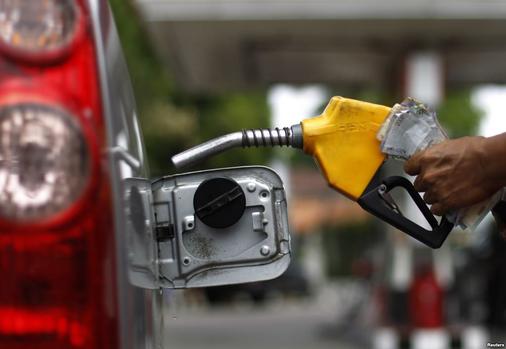
October fuel price increase likely to push transport inflation higher – experts

The fuel price increase for October has just been revealed and motorists are going to feel the pinch as fuel pump prices go up by 50 cents per litre effective 3 October around midnight, according to the Ministry of Mines and Energy.
Prices for 95 Octane Unleaded Petrol will cost N$13.45 per litre, Diesel 500ppm N$13.78 per litre and Diesel 50ppm will go for N$13.83 per litre.
The ministry in a statement said that the international prices of refined oil and the exchange rate between the Namibian Dollar against the US Dollar in which the oil is priced are the two major contributors to this increase.
“The past months have seen both factors play out and as a result, fuel pump prices are increasing at a faster pace than our capacity to contain them,” energy minister Tom Alweendo stressed.
Global oil prices are stretching from US$77 per barrel of refined oil in January to US$91 in September. Alweendo said that predictions are that they are headed to triple digits by the end of the year. Meanwhile, the exchange rate between the Namibian Dollar against the US Dollar has depreciated, from N$12.20 in January to N$14.71 in September.
“Filtered through the local market, international prices of refined oil and the currency exchange, have contributed immensely to the recent increases in the local pump prices as it has become too expensive to ship oil in bulk to our shores,” Alweendo said.
Furthermore, Economic Association of Namibia Research Associate, Klaus Schade said that the strong price increases on the global market and the domestic market put substantial pressure on businesses due to cost increases and on consumers that have to spend more on fuel, unless they change their behaviour, and have therefore less disposable income.
Schade stressed that there are already concerns globally that the pace of oil price increases could result in a significant slow-down of the global economy, since both producers and consumers have little time to adjust production and consumption to these hikes.
“As in the past months, the fuel price increase will push transport inflation higher into double-digit figures, which will ultimately contribute to rising inflation rates. Motorists need to explore ways to use transport equipment more efficiently in order to cushion against rising costs of transport,” Schade said.










































